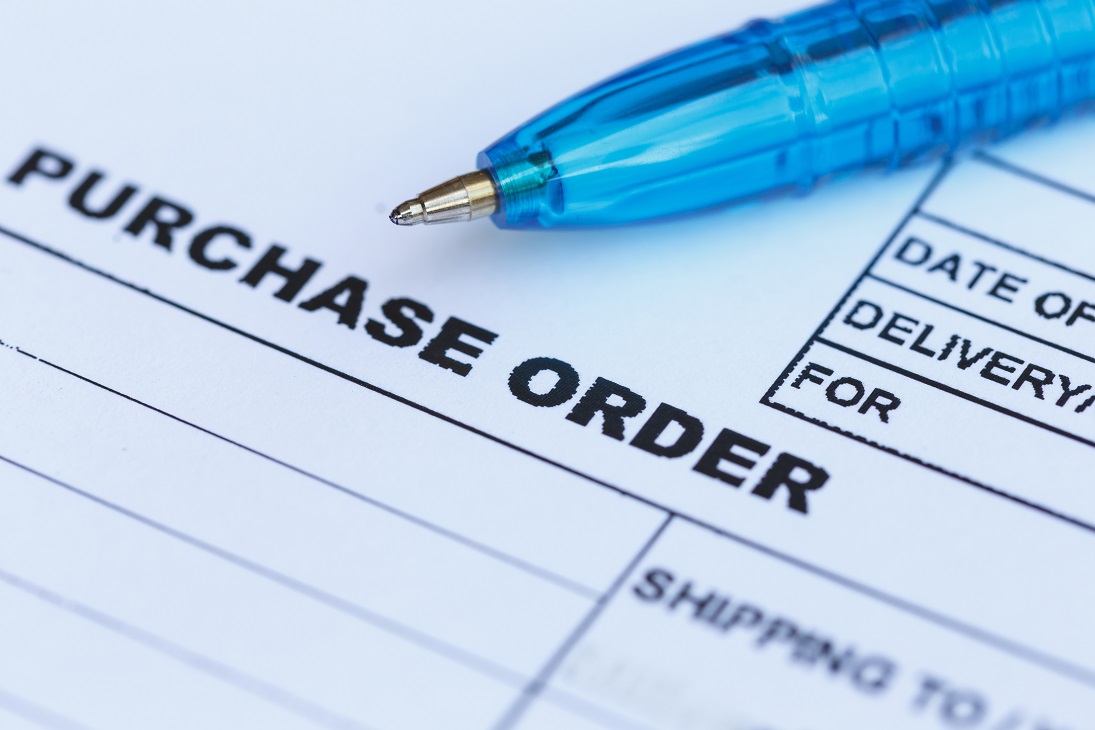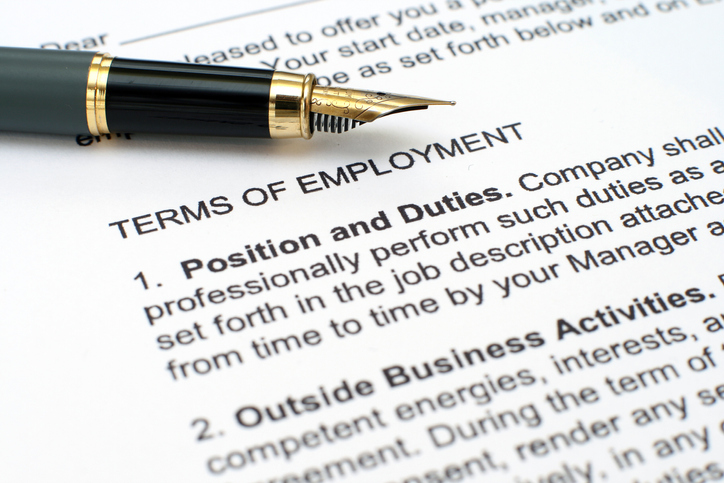Understanding the legal implications of purchase orders is important. After all, if faced with a client refusing to pay an invoice, or you receive an invoice for twice the amount stated on a purchase order (PO), you need to understand your position.
So, is a PO legally binding? And above and beyond the legal ramifications, are there other advantages to raising POs? Here, Paul Barnes, MD of MAP, an outsourced finance function for digital creative agencies, provides his purchase order insights.
Purchase orders are a legal contract
If you issue or receive a PO, it’s a legally binding document once accepted. In essence, it’s a contract between the buyer and the seller. As a supplier, if you raise a PO and send it to your customer, this is notifying them of their legal obligations to pay you the agreed amount. As a customer, you need to be aware that when you receive a PO, this is obliging you to pay the amount on the purchase order. If the amount is incorrect, this must be disputed immediately and a new PO issued. Failure to dispute a PO at the time of issuing will place you in a weak legal position.
POs are therefore extremely helpful in the payment collection process as it ensures a smooth transaction. After all, the customer will be unable to claim that they did not approve the service or goods if the supplier has evidence that a purchase order was received.
What needs to be on a purchase order?
Drafting a PO is straightforward. You just need to ensure that all the key information is included. This must include the date you’ve issued the PO; goods/services the customer wants to buy from you; the type and quantity of items ordered; the agreed price; payment terms; delivery costs and details; and any other terms and conditions. It’s also advisable to include a PO number which can be quoted on the invoice and in any correspondence with the supplier.
>See also: Purchase orders explained for a small business
Benefits of POs
POs are a very important from a legal perspective, however they also have a number of other benefits which shouldn’t be underestimated. These include:
Spend control – From the buyer’s perspective, POs provide an important spend control so that any purchases aren’t made outside of budget.
Easier reconciliation – The buying party can be assured that purchase invoices received reconcile with the ‘agreements’ stipulated in the purchase orders. Without this level of control, errors and disputes are more likely. And when the supplier can ‘match’ a purchase order and invoice together, this may well speed up payment processing.
Outgoings can be forecast early on – POs enable the buyer to forecast their outgoings at the earliest possible stage – when the purchase order is first created and approved – rather than waiting for the purchase invoice to be received into the accounting system.
Improved financial reporting – As you will be less reliant on the supplier to provide an invoice in order for the cost to ‘make it into month end’, you can improve your financial reporting. By accruing for outgoings based on purchase orders, you have a far more accurate picture of your financial position.
The purchase order process
So what happens when a purchase order is raised and leaves your outbox? Here are the main steps of purchase order processing:
- A PO is raised after agreeing a price and sent to the purchasing company
- The purchaser receives the PO and approves it (it then becomes legally binding)
- The goods/services are provided by the supplier
- The supplier raises an invoice with reference to the PO number
- The invoice and PO are matched
- The invoice is approved and processed
- The invoice gets paid
- The PO is closed
Improve your chances of getting paid
Although purchase orders are key to getting paid, they are just one side of the payment collection process. Getting paid on time also depends on the invoice and your cash collection process. To improve your chances of getting paid without issue, it’s wise to do the following:
- Ensure everything the customer requires is on the invoice. Include the PO number as standard as well as a description of your product/service and if necessary, who authorised the purchase. Ask your customer whether anything in particular needs to be on the invoice so that the processing isn’t stalled.
- Email the customer a week or two before the invoice is due saying “Any issues with this invoice getting paid on time?” This then provides the ideal opportunity for them to dispute it before it’s due.
- Have a consistent invoice chasing process in place so that you prevent any invoices from getting severely overdue. An automated invoice chasing solution is a great investment as some customers will repeatedly pay late (and only pay after repeated badgering!)
- State you will add a fixed fee and interest on the invoice (The Late Payment of Commercial Debts (Interest) Act 1998)if it is not paid within a certain time frame. This statutory legislation will take precedence and can be enforced so long as you don’t have any late payment terms in your contract.
>See also: How to deal with late payment
Be purchase order savvy
Purchase orders are vital documents for enabling smooth transactions. As they’re legally binding once agreed, both the supplier and buyer must stand by this contract. POs are also really useful documents in other ways, ensuring spend stays within budget and helping with early forecasting and reporting. As a small business it’s important to get into the habit of raising and requesting POs as without them, payment disputes and cash flow issues are far more likely.
Paul Barnes is the managing director of MAP.





